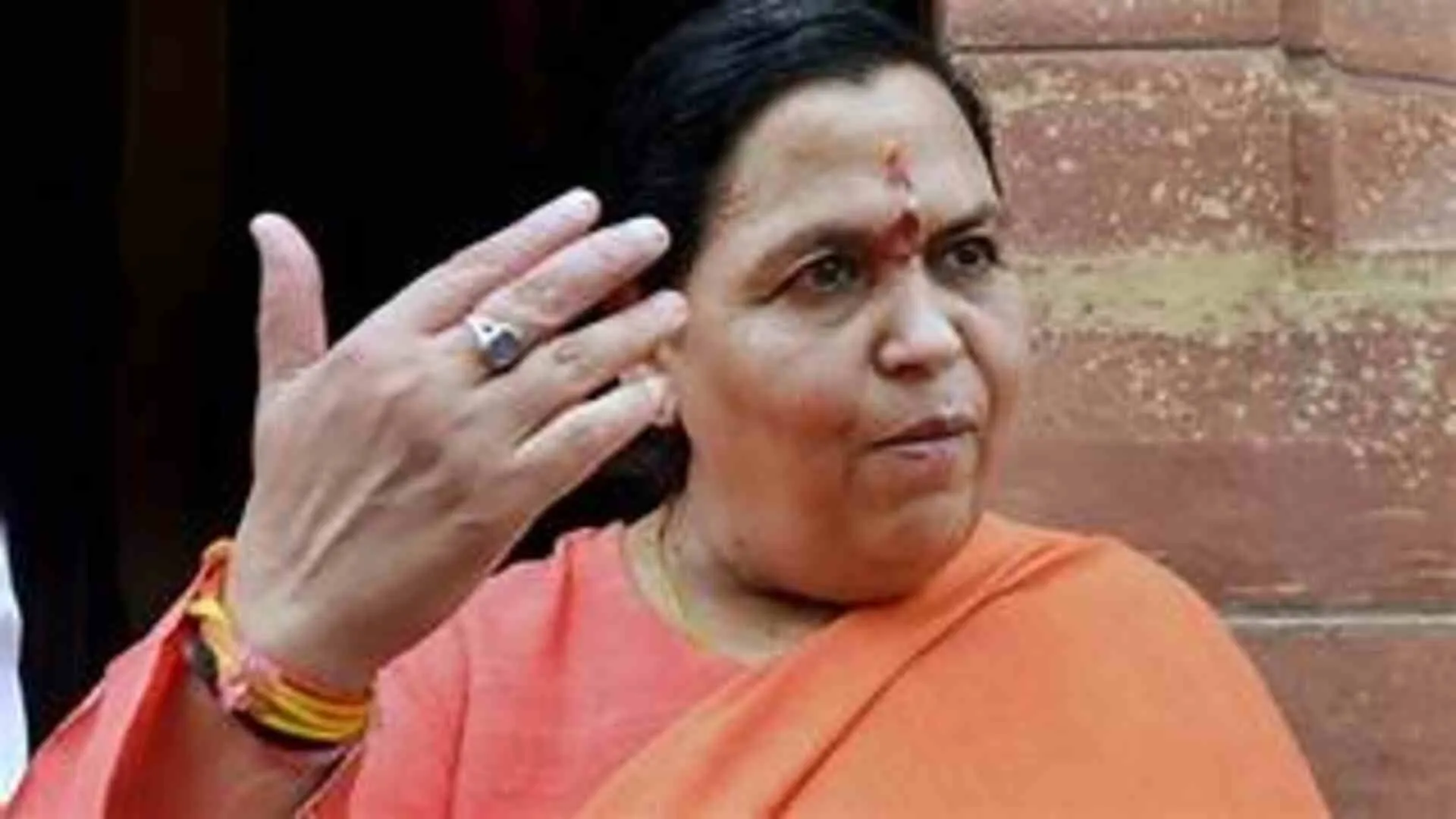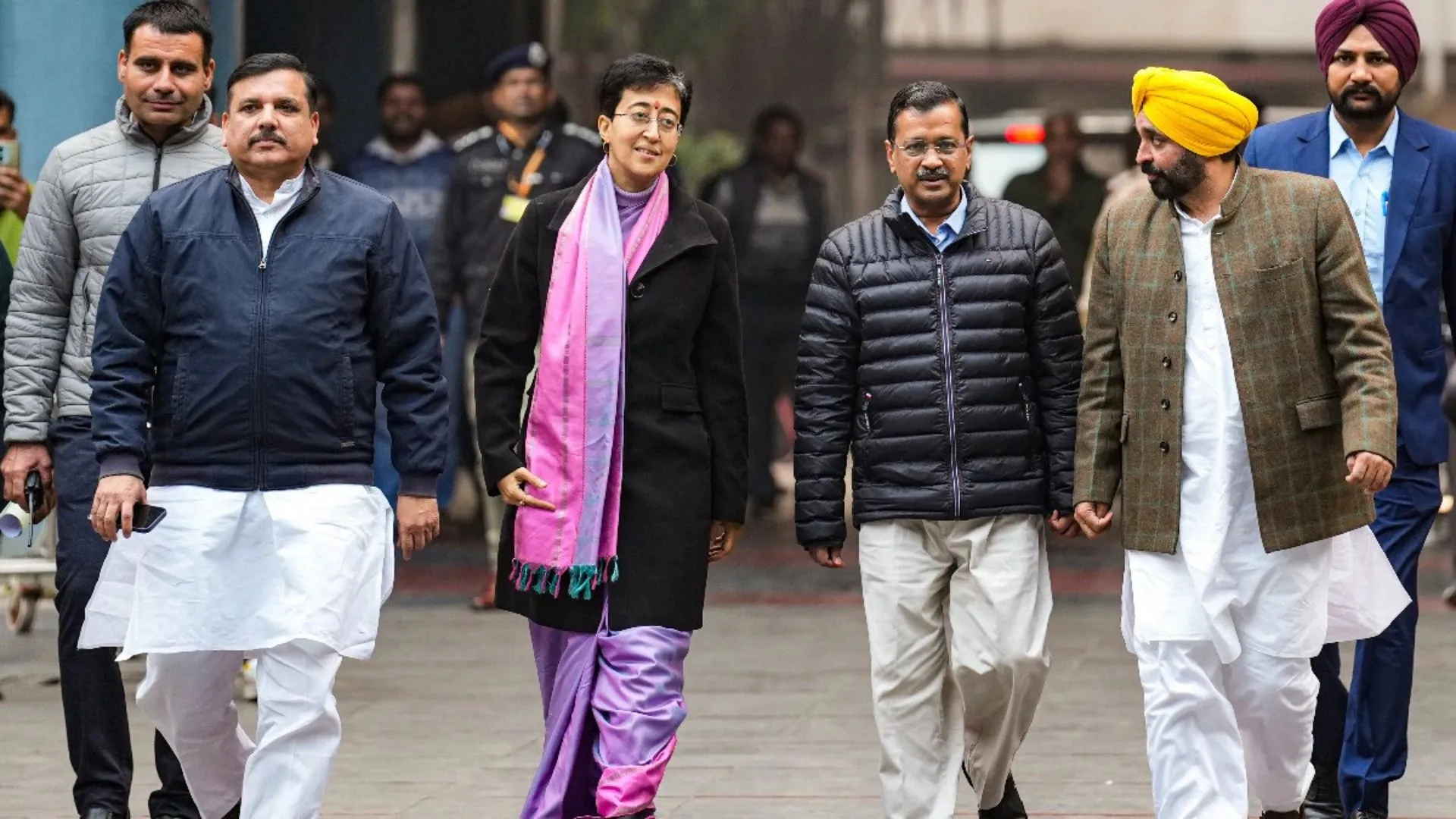Many startups today are trying to solve real-world issues using blockchain technology and the increasing adoption of cryptocurrencies globally, has led to the stratospheric rise of decentralised finance (DeFi) applications that utilise smart contracts on blockchains like Ethereum to offer traditional financial instruments. Additionally, the smart contracts feature enabled the tokenised raising of funds for startup projects through Initial Coin Offerings (ICOs) which are the cryptocurrency industry’s equivalent to Initial Public Offerings (IPOs) that are popular in the more traditional equity-based stock markets across the world. Being quite a rage up to 2018, ICOs enabled any blockchain-based startup to raise funds to create a new coin, app, or service and were mostly deployed using Ethereum ERC-20 protocol standards.
However, with the emergence of bad players taking advantage of the crypto ecosystem and scams on the rise, the crypto world eventually gravitated towards Initial Exchange Offerings (IEOs) which was pioneered by Binance in 2019 and offered a more cost-effective platform for blockchain projects to list their crypto tokens and access funds. Despite the added validation done by these centralised exchanges for every IEO, the higher entry barrier caused by the liquidity and funding requirements made IEOs less popular and eventually led to a rise in decentralised exchanges like Uniswap that allow anyone to list new tokens without any restrictions through Initial DEX Offerings (IDOs). The evolution of IDOs continued and has now led to the emergence of IDO Launchpads where blockchain projects meeting the set requirements are required to open a liquidity pool to launch their IDO with their tokens immediately being listed on popular decentralised exchanges (DEXs) like Uniswap, Pancakeswap, and Sushiswap.
Moreover, IEOs involve the payment of direct fees to the centralised exchanges which is not applicable for ICOs or IDOs as they are based on peer-to-peer lending principles. Instead, the liquidity offered by IDOs is much lower than that offered by centralised exchanges through IEOs since it relies on the community to vet the startup’s offerings rather than the exchanges. This is reflected in the lower liquidity pool available through IDOs (usually in the range of $5million to $10million) and may not be suitable for companies wanting to raise much higher capital to $150 million; like is possible through ICOs and IEOs. Understandably, the entire gamut of options available for a budding startup to raise funds can be quite confusing and presents a daunting task for new-age entrepreneurs who are constantly innovating with the capabilities of blockchain technology.
To make the entire fund-raising process more tenable, our firm Gravitas International offers a full suite of advisory services ranging from legal documentation, marketing services, and technological aspects like Tokenomics and White Paper creation for companies looking to launch their own ICO/IEO/IDO. With Singapore as its base, Gravitas International offers startups with experienced advisors who not only help with the necessary business skills, strategic advice and investor connections needed; but also paves the way for entrepreneurs to carefully select the fundraising avenue most suitable for their blockchain project. Understanding that investing in blockchain startups is considered a risky proposition by most investors, Gravitas International helps entrepreneurs in building a vast, well-connected support network through multi-chain and multi-exchange offerings, thereby allowing their projects to capture a wider range of investors. With over 100+ clients and have helped them raise over $200million in funds, it would be apt to summarise that our firm provides blockchain startups with a strategic advantage and is the ideal partner to help them navigate the ICO/IEO/IDO world.
The writer is co-founder and CEO of Technicorum Holdings and DeFi project KingSwap.





















